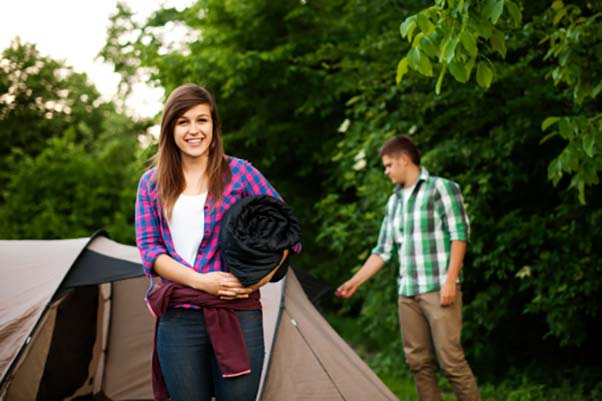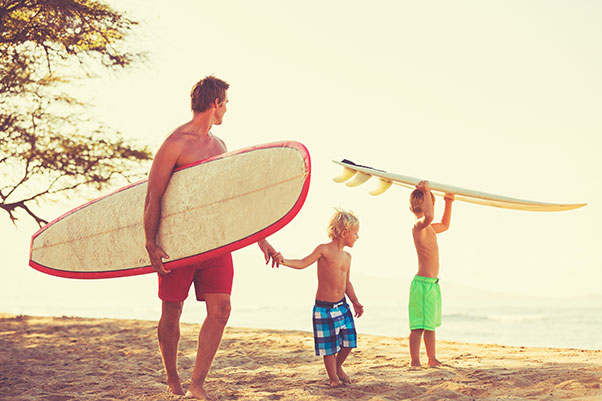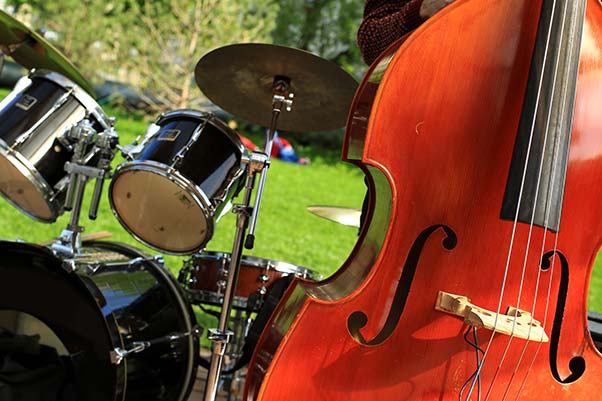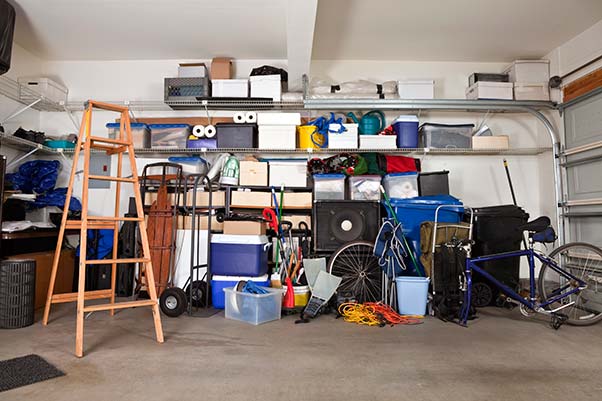Do you like spending time in nature…hiking, fishing, or just sitting by a campfire roasting smores? For those of you that answered yes, summer is the perfect time to get your gear together and head off to your favorite camping spot for some well-deserved rest and relaxation.
While camping is supposed to be relaxing, getting your gear together, setting up camp, and unpacking afterward can be a little stressful. The good news, however, is that it doesn’t have to be. Camping can be easy and enjoyable with a little bit of preparation and planning.
So, whether your idea of camping is spending a week trekking through the mountains or a 5-star hotel is more what you have in mind, here are some suggestions that will help you plan out and prepare for your camping expedition in a way that would make any boy scout envious:
Advanced Preparation
Like most topics on this blog, we suggest that you start with a plan. Decide some of the important details like who is coming along with you, where you will be camping, travel time, expenses, gear you’ll need, and whether you will need any special permits for your intended location. You should also plan out your meals ahead of time and make sure you have the cooking supplies and utensils you will need. Put together a list of all the necessities. Don’t forget a first aid kit on your list. If you need some help, here is a list that REI put together. Take a little time to plan your camping trip before you get going…you’ll be glad you did.
After you have put together a list of everything you will need for your trip, go ahead and get out your camping gear and go through it. Now is a good time to look over the essential gear for damage. It’s better to find out beforehand that your tent is ripped than to discover it as you are putting it up at your campsite. Better yet, look over your gear after each trip before putting it away, so you won’t have any surprises next time.
Assembling your gear can be made a lot simpler by putting together trip-ready packs and storing your gear together in one spot, ready to go. You can use plastic bins, buckets, duffel bags, or any other container you choose to assemble your gear and store it together for quick access. These containers should be separated and marked by like use (cooking equipment or sleeping bags together) as well as a bag or pack for each person in the family. Some people even like to color code the bags so each member of the family has their own colored bag and things won’t get misplaced. Make sure as you are packing, that items that you will need upon arrival at the campsite, or that you will need to get often (insect repellant), are easy to access.
Setting up your Campsite
First off, make sure you pick a good campsite. What makes a good campsite you ask? While the answer to that question depends largely on your preferences, there are a couple basics to consider. First, your campsite should be on flat ground. Beyond this, you probably want to set up your tent in an area that is relatively free of vegetation, offers shade, has some protection from the wind, and which has adequate drainage. There’s nothing worse than camping in the rain and realizing that you’ve pitched your tent in an area that floods.
Once you get your tent set up, you should unpack the rest of your gear in an organized manner. Set up a kitchen and eating area, arrange chairs around a campfire area or fire pit if there is one, and place your personal bags inside the tent. The goal here is to make things predictable by placing important items in convenient, fixed locations. This way you will know where the flashlights, insect repellent, or rain gear are and be able to get to them quickly when you need them. This is especially true of car keys. Put them in a fixed location that everyone knows about and make sure you put them back there if you use them. Nothing ruins a great weekend of camping quicker than finding that you have lost your car keys when you are getting ready to go home.
Keep your Campsite Tidy
Take a little extra time to clean up the campsite at the end of the day. Sweep out the tent, tidy up your gear, and try to keep things tidy. It may take some time to keep your campsite clean and organized, but it will pay huge dividends. You will feel cleaner and more relaxed, taking down camp and cleaning up will be a breeze, and your gear will last longer.
Check your Gear
When you are done camping and back home, make sure to check all of the camping gear you used. Take the tent and sleeping bags out of their bags, air them out, look them over for rips or excessive wear, and then pack the away neatly. Look over all your equipment like this, make appropriate repairs, and replace anything that needs it. Finally, put your camping gear away together in storage. By taking a little extra time at the end of the trip, you will know that your gear is ready to go on the next trip and packing at that point will be that much easier.
If you need a place to store your camping gear during the winter, check out some of the storage deals at a Price Self Storage location near you.











Aside from making sure that you have the right equipment for your camping trip, you also have to make sure of your camp site. Make sure you are near a source of water and away from predators. Thanks for these tips!